In a key development for urban planning in Goa, the Town and Country Planning (TCP) department has approved the conversion of 15 land parcels across three talukas into settlement zones. This decision, announced represents a significant shift in land use policy, affecting areas previously designated as orchard, natural cover, and no-development slopes in the Regional Plan for Goa, 2021. The approval is set to pave the way for new residential, commercial, and mixed-use projects, aligning with the region’s growing demand for development.
Detailed Approval Process
The TCP department’s decision includes ten applications for land conversion, with the majority situated in Usgao, followed by three plots in Bardez and two in Ela, Old Goa. The land parcels, previously categorized under restrictive land use designations, are now slated for development as settlement zones. This change will enable the construction of various types of infrastructure, reflecting a strategic response to the region's increasing development needs.
The conversion was approved under Section 39A of the Goa TCP Act, a provision introduced in February 2024. This section allows the TCP to alter the Regional Plan (RP) or Outline Development Plan (ODP) based on applications from landowners. It provides a flexible framework for adapting land use regulations to meet evolving urban demands.
Scrutiny and Board Approval
Following a rigorous review process, the TCP department submitted the proposals along with detailed scrutiny reports to the TCP board. The board's meetings on July 10 and July 29, 2024, resulted in the approval of these proposals. Rajesh Naik, Chief Town Planner (Planning), highlighted that the board's endorsement followed thorough examination and consideration of all relevant factors.
The decision marks a pivotal moment for the affected talukas, as the conversion of these land parcels will facilitate the development of new infrastructure. The areas will be re-designated as settlement zones, which will allow for a range of construction activities, including residential developments and commercial enterprises.
Public Engagement and Feedback
As part of the approval process, the TCP department has provided a 30-day period for public feedback. During this time, stakeholders and residents can submit their objections or support for the proposed zoning changes. This public consultation is crucial for ensuring that the land conversion process remains transparent and inclusive, allowing the community to have a say in the planning decisions that impact their environment.
Once the TCP department finalizes the zoning changes, the newly designated settlement areas will be marked for development. This transition will unlock opportunities for new construction projects, contributing to the region’s growth and modernization.
Broader Context and Impact
The approval of these land conversions is part of a broader trend in Goa, where there is a growing demand for development and infrastructure. Since the introduction of Section 39A, the TCP department has received a substantial number of applications for land conversions, reflecting the dynamic nature of land use planning in the region. A total of 234 land conversion applications have been filed under this new provision, indicating a significant shift in how land resources are managed and allocated.
The newly converted settlement zones are expected to support a variety of uses, from residential communities to commercial spaces, which will play a crucial role in addressing the needs of Goa’s expanding population. The development of these areas will contribute to the overall growth of the region, enhancing its infrastructure and providing new opportunities for residents and businesses alike.
Conclusion
The TCP department’s recent approval of land conversions for 15 plots across Ponda, Bardez, and Ela talukas represents a significant advancement in Goa’s urban planning efforts. By re-designating these areas as settlement zones, the department is facilitating essential development and addressing the region’s increasing demand for infrastructure. The approval process, including public consultation and departmental review, underscores the commitment to transparent and inclusive planning. As these areas transition to their new designations, they will become integral to Goa’s evolving urban landscape, reflecting the region’s progress and adaptation to modern needs.

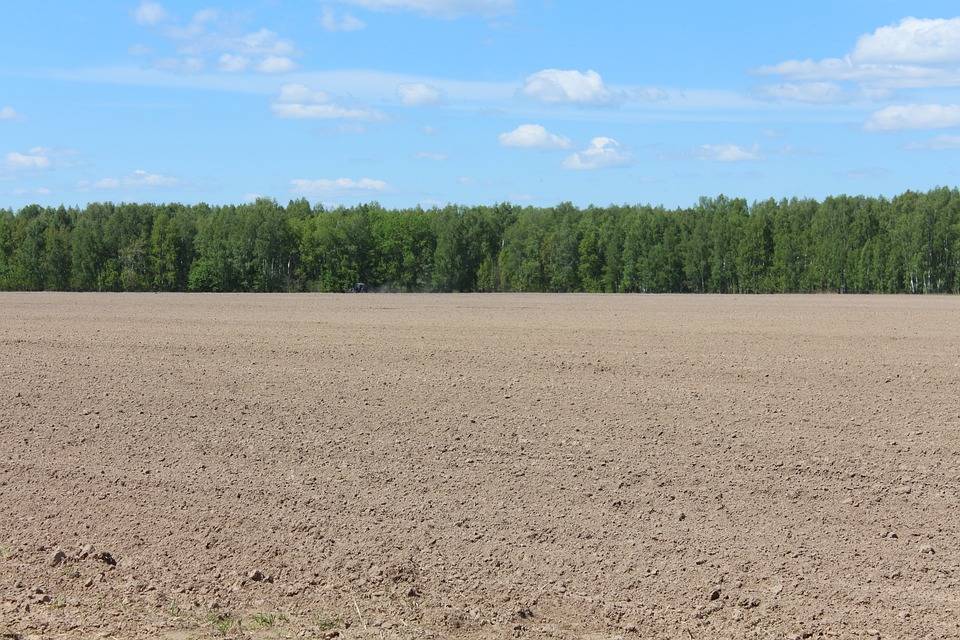
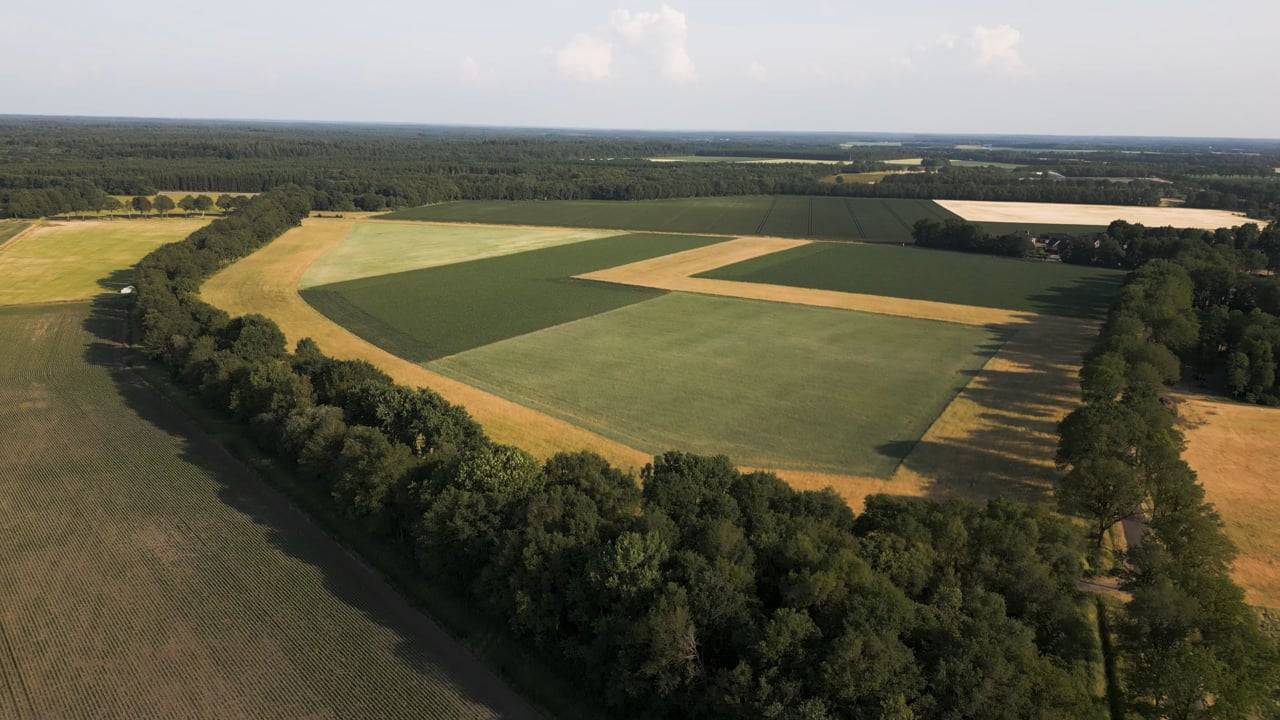

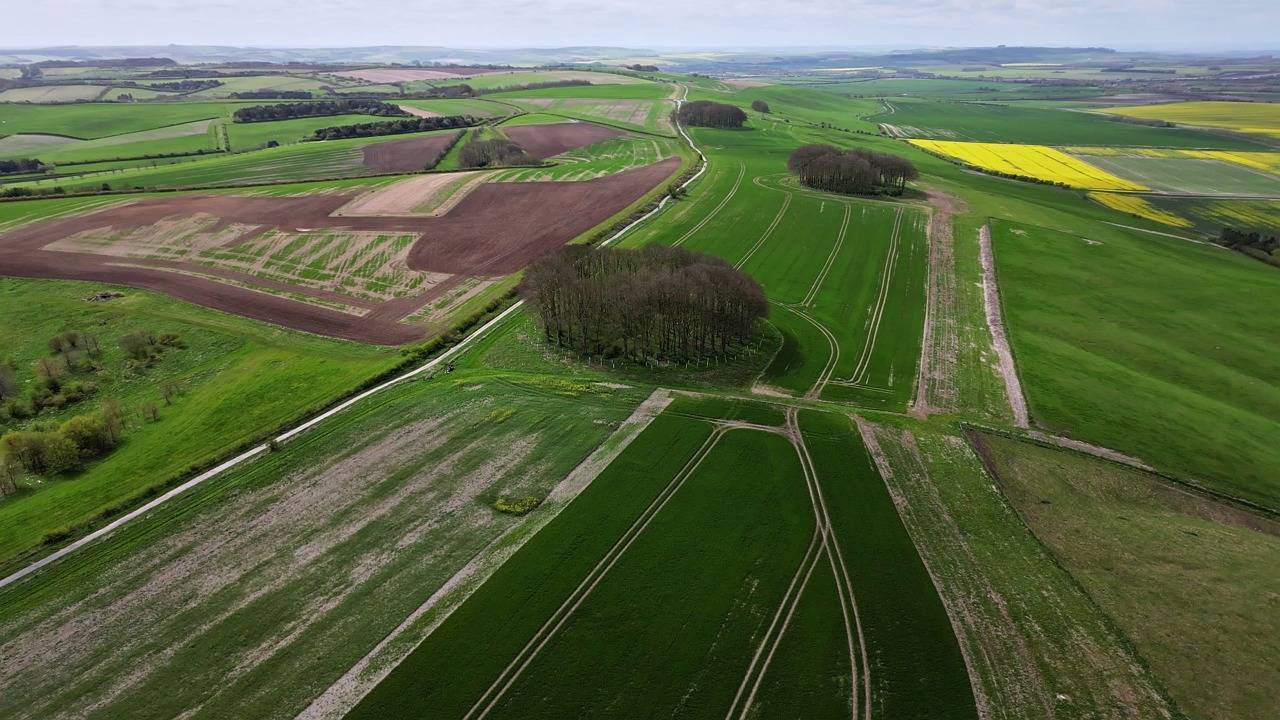

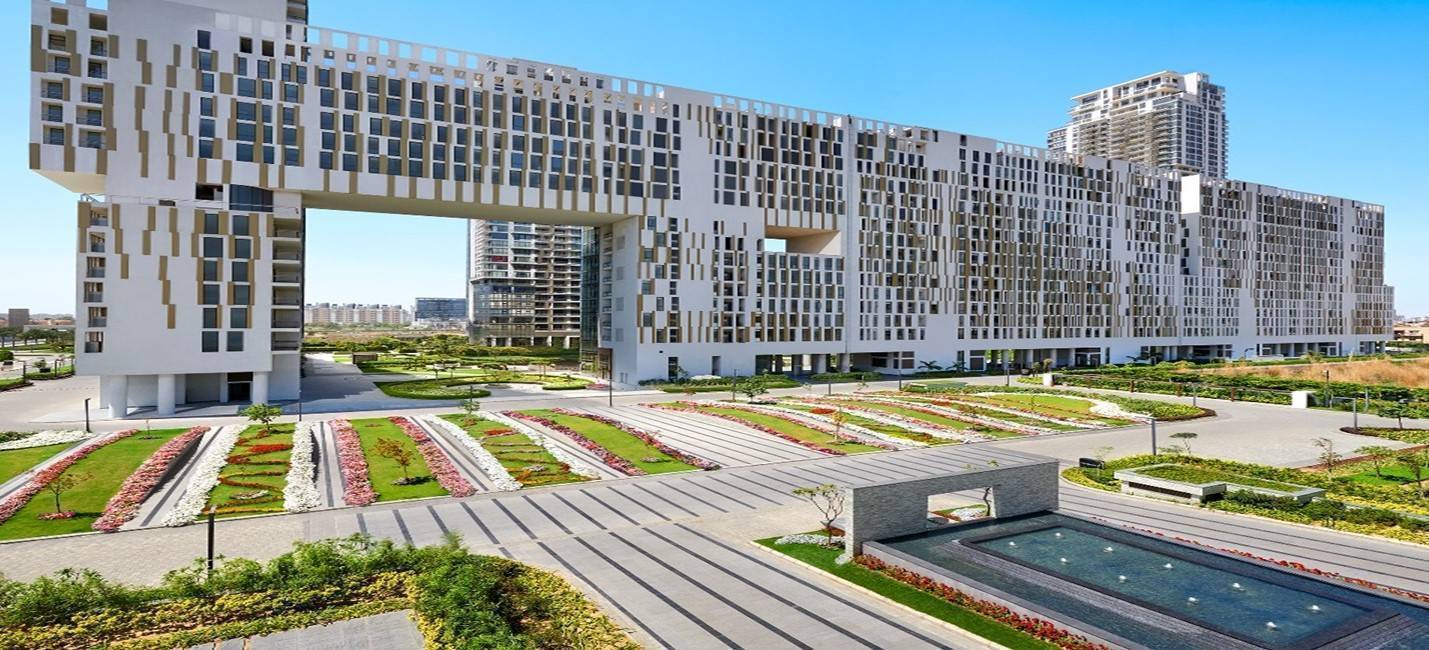
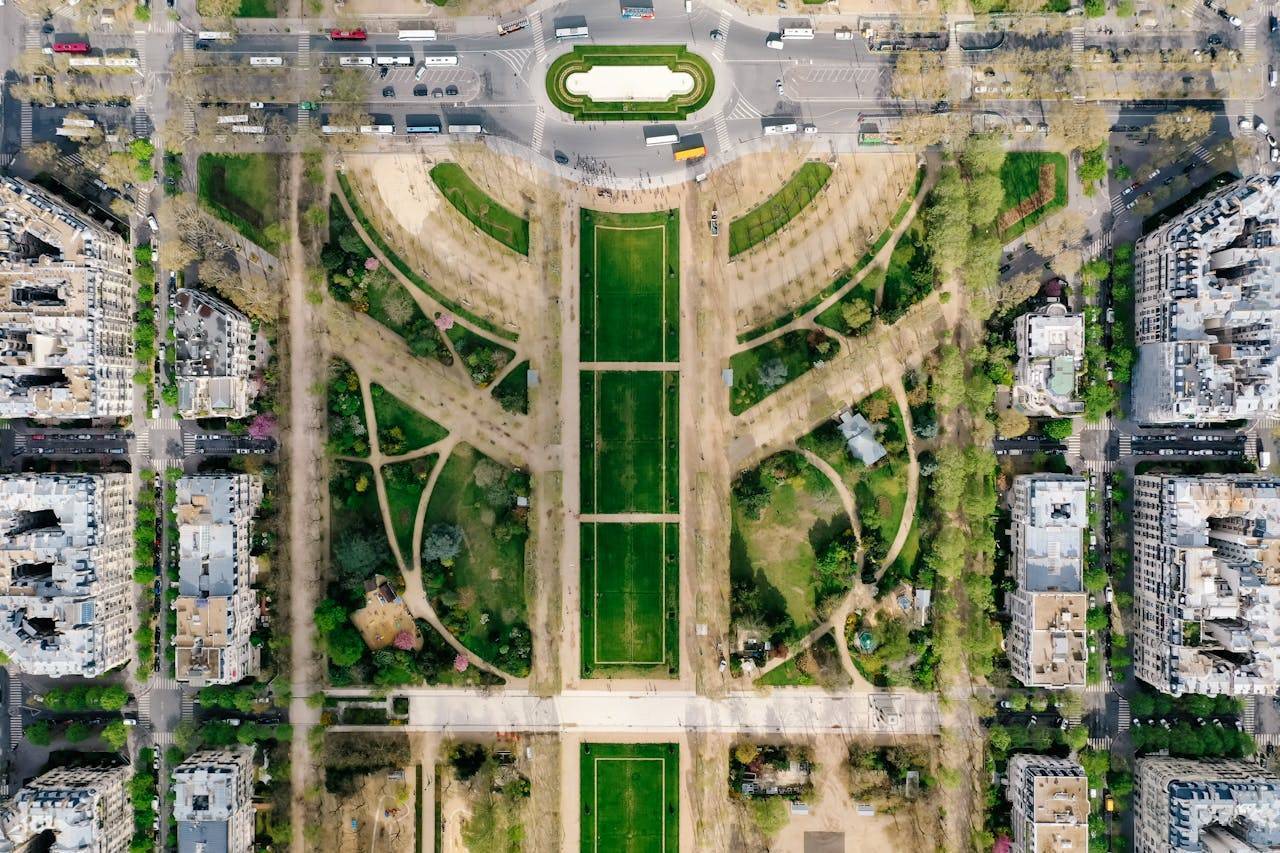

.png)